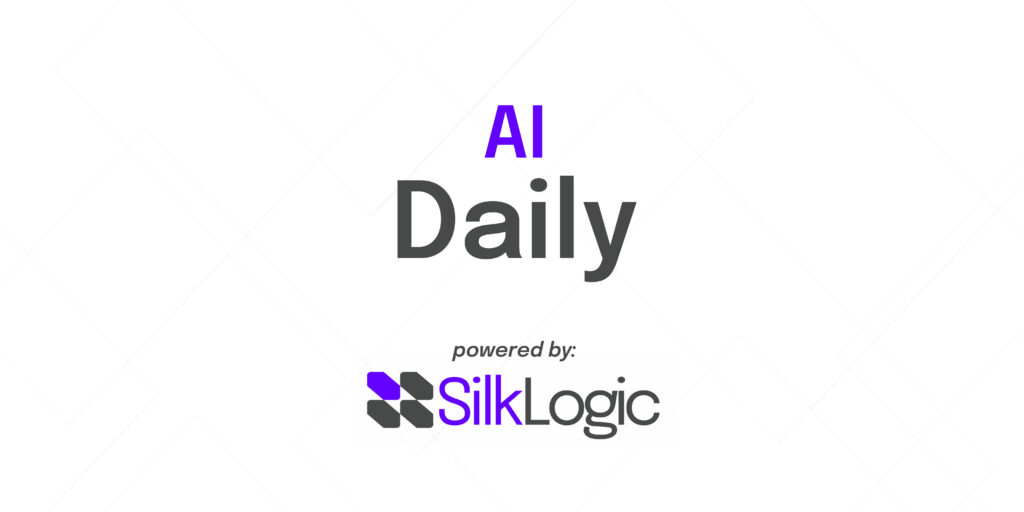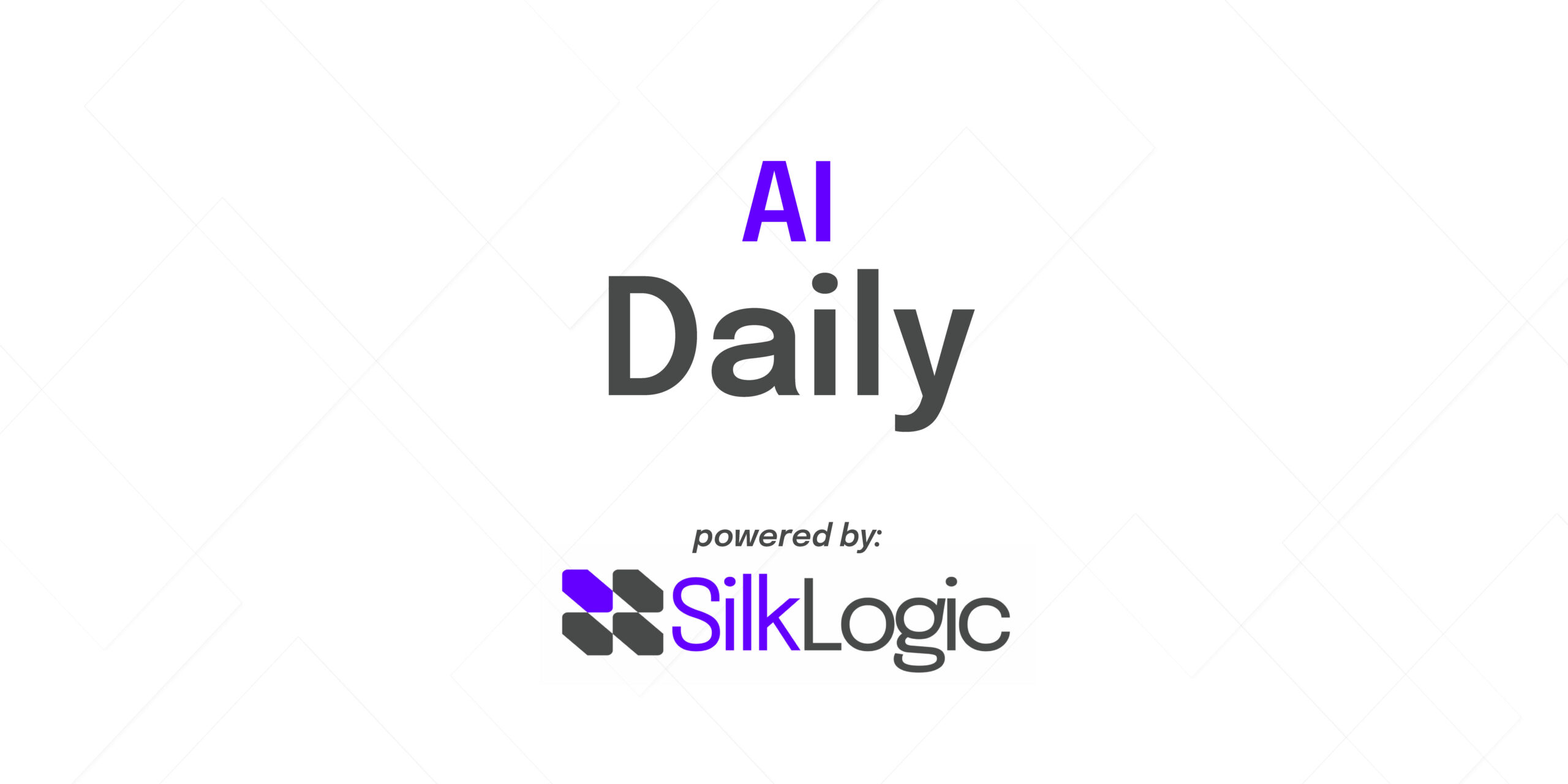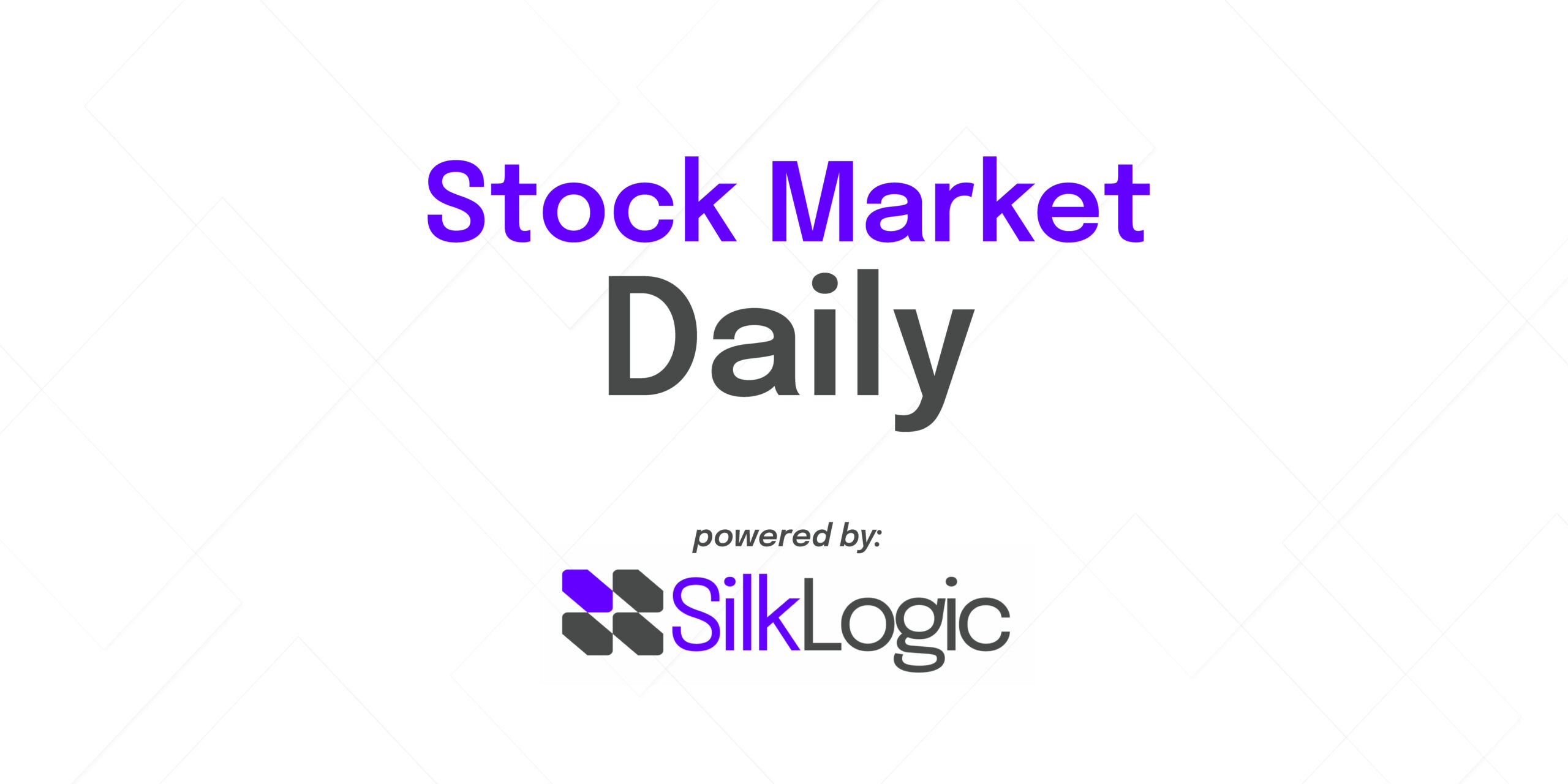Listen to today’s podcast: https://www.youtube.com/channel/UC-nqwUyvLDEvs7bV985k-gQ
AI Daily Podcast — November 15, 2025
Today’s podcast episode was created from the following stories: From a high-stakes antitrust fight over Siri and ChatGPT, to Meta’s push into home robots, to fresh research on how AI could whipsaw wages, we unpack the headlines shaping AI’s next chapter.
Apple and OpenAI must face xAI lawsuit over Siri integration
By Juli Clover — November 13, 2025
A Texas judge declined to dismiss xAI’s lawsuit alleging Apple and OpenAI conspired to favor ChatGPT within Siri, forcing the case to proceed. Apple and OpenAI argue there’s no exclusivity preventing other chatbot integrations, while xAI claims the setup deprioritizes rivals like Grok and seeks to halt the “anticompetitive scheme” and recover billions in damages. The outcome could set important guardrails for how platforms integrate third‑party AI assistants.
Meta is tapping top talent into robotics efforts, including the leader behind its smart glasses
By Pranav Dixit — November 14, 2025
Li‑Chen Miller, who led Meta’s smart glasses, is now the first product manager for Reality Labs’ new Robotics group as the company accelerates work on a household humanoid robot, reportedly dubbed “Metabot.” Dozens of robotics roles and ties to Meta’s Superintelligence Lab signal a deeper push into embodied AI and at‑home assistance. It’s a clear bet that the next platform play could be physical, not just virtual.
AI may lift wages — then crush them, professors say
By Thibault Spirlet — November 14, 2025
A Brookings paper by Konrad Kording and Ioana Marinescu models a hump‑shaped wage path: early productivity gains from AI raise pay, then widespread automation pushes workers into slower‑growing physical jobs, dragging wages down. The authors propose slowing automation, investing in physical capital, and taxing virtual substitutes to cushion labor. For leaders, it’s a call to align AI adoption with worker productivity beyond purely digital tasks.
Nvidia’s internal emails reveal a ‘fundamental disconnect’ with major software clients
By Geoff Weiss — November 14, 2025
Internal emails show Nvidia grappling with how to sell and explain its AI Enterprise suite and other software to heavily regulated customers, citing procurement, legal, indemnity, and data‑security hurdles. Even so, forecasts pointed to strong stand‑alone software performance led by Nvidia AI Enterprise far exceeding targets. Cracking this go‑to‑market could turn GPU demand into durable, high‑margin recurring revenue.
I trusted AI instead of an agent to buy a home. I saved around $7,000 in fees.
By Jordan Pandy — November 14, 2025
A 67‑year‑old buyer used AI platform Homa to draft an offer and contract, moving faster than with a traditional agent and securing a roughly 2.5% seller credit worth about $7,900. The experience highlights how post‑settlement real estate dynamics and AI tools can trim costs and speed transactions for confident, research‑savvy buyers. It’s a glimpse of how consumer‑grade AI is reshaping high‑stakes purchases.
Why one founder personally onboarded every influencer in the early days to build his $2.1 billion AI startup
By Lee Chong Ming — November 14, 2025
Gamma cofounder Grant Lee says personally onboarding micro‑influencers helped them tell the product’s story authentically, fueling word‑of‑mouth that now drives over half of growth. The company announced a $68 million Series B at a $2.1 billion valuation and claims $100 million ARR and 70 million users. The lesson: hands‑on creator partnerships can scale distribution as effectively as big‑ticket ads.
HipKittens: fast and furious AMD kernels
By William Hu, Drew Wadsworth, Chris Ré, Simran Arora — November 11, 2025
Hazy Research unveiled HipKittens, C++ primitives for AMD GPUs that deliver state‑of‑the‑art attention and GEMM performance, often outperforming hand‑tuned baselines. Their tile‑based abstractions aim to generalize across architectures, potentially easing development beyond Nvidia’s ecosystem. If widely adopted, this could expand AI’s compute options and accelerate a multi‑silicon future.





